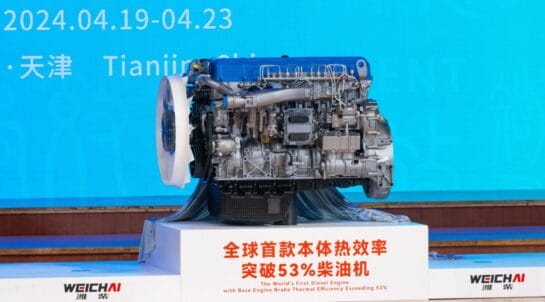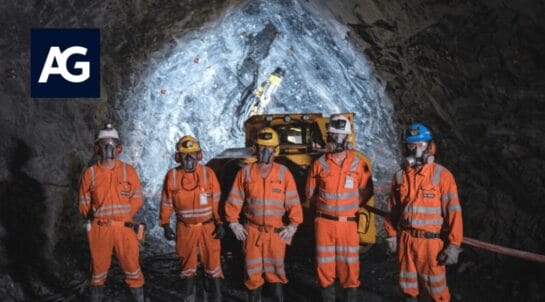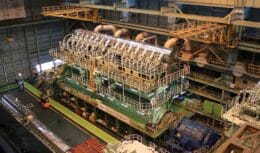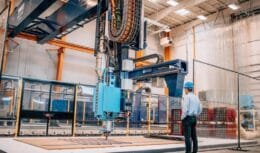

Conheça a incrível picape 6×6 mais segura do mundo que chegou no Brasil: 6 rodas, 1.318 cv, blindagem máxima que serve como bunker nuclear, maçaneta eletrificada, tanque de combustível auto selante e mais
24 de abril de 2024 —
Flavia Marinho

IFBA – Instituto Federal de Educação, Ciência e Tecnologia da Bahia está com inscrições abertas para cursos gratuitos de curta duração; 170 vagas + certificado garantido!
24 de abril de 2024 —
Valdemar Medeiros

Andrade Gutierrez anuncia novas vagas de emprego em diversas áreas; oportunidades para motorista de carro pesando, ajudante de construção civil, assistente tributário e mais
24 de abril de 2024 —
Bruno Teles














